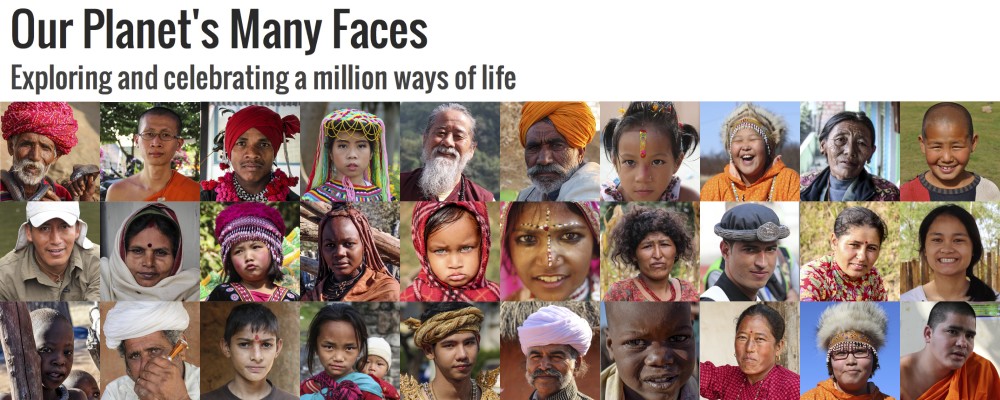
It’s a muggy, overcast Sunday morning in Kathmandu, Nepal. In the lobby of a budget hotel, buried deep within the narrow winding shop-lined streets of Thamel, two young travelers sit with their laptops open, hovering as close to the spotty wifi signal as possible. With cameras and Lonely Planet books at their side, they eagerly type narratives of the journey they’ve experienced on the road so far. Meet Maddie Craig of the United States, and Crystal Soares of Canada–travelers, volunteers, and bloggers. More specifically: travel bloggers.
2014 marks the official 20th birthday for blogs, and they have evolved dramatically over the past two decades. The number of blogs have exploded, reaching a current estimated total of ____ blogs worldwide, ranging from personal themes to professional. While this powerful tool is continually explored for additional uses and applications, perceptions of blogs continue to be influenced by blogs’ early history and the connotation of the term, “blog.”
The Birth and Evolution of Blogs

According to Websitedesigndepot.com, blogs have twenty years of history and evolution. The first officially recognized blog was created in 1994, and was referred to simply as a personal website at that time. Soon, sites that allowed users to develop a simple site fed by chronological posts were referred to Web Logs, and term soon shortened to “Blog.”
During these early years of blogs’ existence, many of these blogs were personal blogs, essentially operating as online journals. In Blogging Statistics, Facts and Figures, Jeff Bulas describes the typical early blog as a place, “where people shared their interests, hobbies and thoughts online. Online self expression was the main aim of the blogging game.”
While blogs primarily remained personal in nature during these early years, businesses and professionals began exploring how this tool could be used in other ways. Websitedesigndepot.com reports the first use of a blog for an official news site was in 1998, when Jonathan Dube posted updates about Hurricane Bonnie for The Charlotte Observer. In the mid 2000s, political candidates such as Howard Dean and Wesley Clark created and maintained political blogs during their campaign. By the mid-thousands, blogs became common for both individuals and professional organizations around the world.
Current Uses

According to Newsbyblog, there are nine major categories of blogs, which include personal, business, schools, non-profit, news, politics, and military.
Personal Blogs-Travel
Newsbyblog states that the personal blog remains the most common type of blog on the internet and that these include topics such as music, travel, family health, politics, and so on.
Craig maintains the blog, Following my Dreams in Nepal. She describes her reason for blogging as a means of keeping in touch with her friends and family while she’s away. She values the chronological, post-fed nature of blogs and the way it allows her to distribute information to her friends and family, who can access it on their own timing.
Soares also chose blogging as her primary way to communicate when she created the site Crystal Clear Chaos. She and explains why a blog is a perfect fit in contrast to other social media outlets. “I feel like the other ways I’ve tried communicating in the past are limited. Facebook isn’t the most ideal way to exchange ideas of travel, and Trover is specifically for photography,” explained Soares. “What I like about blogs is that they provide a catered approach to putting out content I want in a format I like, rather than a limited template and structure of so many other social media outlets,” she added.
Professional Blogs-News
For the same reason that Craig and Soares chose to blog, many professional organizations utilize blogs as a tool to communicate with their audience. Nearly every established news organization now posts content online with an integrated blog structure on their home page. This includes traditionally print-focussed media sources such as the New York Times, television broadcasting sources such as CNN, and radio broadcasting sources such as NPR. In addition to established news sources, there are many independent news blogs, such as SCOTUSblog, which is focussed on the events and decisions of the US Supreme Court.
The Blogger Connotation
In the United States, journalists for traditional news media outlets have certain rights and access, as well as accountability and protection. With the continued evolution of online media, many of these rights, accountabilities, and protections have been extended to bloggers. According to the Electronic Frontier Foundation, bloggers are able to apply for press credentials just like traditional news media outlets. They can also access public records, gain access to some court cases, and obtain press passes.
However, the series of discussions and decisions leading to these rights has caused much debate. The underlying question has become, “are bloggers journalists?”
Merriam Webster Dictionary defines a Journalist as a: a person engaged in journalism; especially: a writer or editor for a news medium b: a writer who aims at a mass audience
While blogs remain a powerful, diverse tool adaptable by individuals and organization for a variety of uses, for many, the word still carries the connotation of the early, personal blogs. However, as Soares puts it, “My definition of journalist is someone reporting on the news, but just because someone doesn’t have CBC or wordpress, one isn’t less credible than the other if both responsible writers.”
Learn More
Excellent Infographics with blog statistics:
13 Infographics to better understand the bloggosphere
About Blogging
About bloggers as journalists:
Watching the Watchdog: Why Citizen Bloggers Aren’t Journalists
US Court: Bloggers are Journalists
The Problem with Pre-Internet Laws
Center for Independent Media: Credentialing
Scotusblog loss of Senate press credentials fuels media uproar
